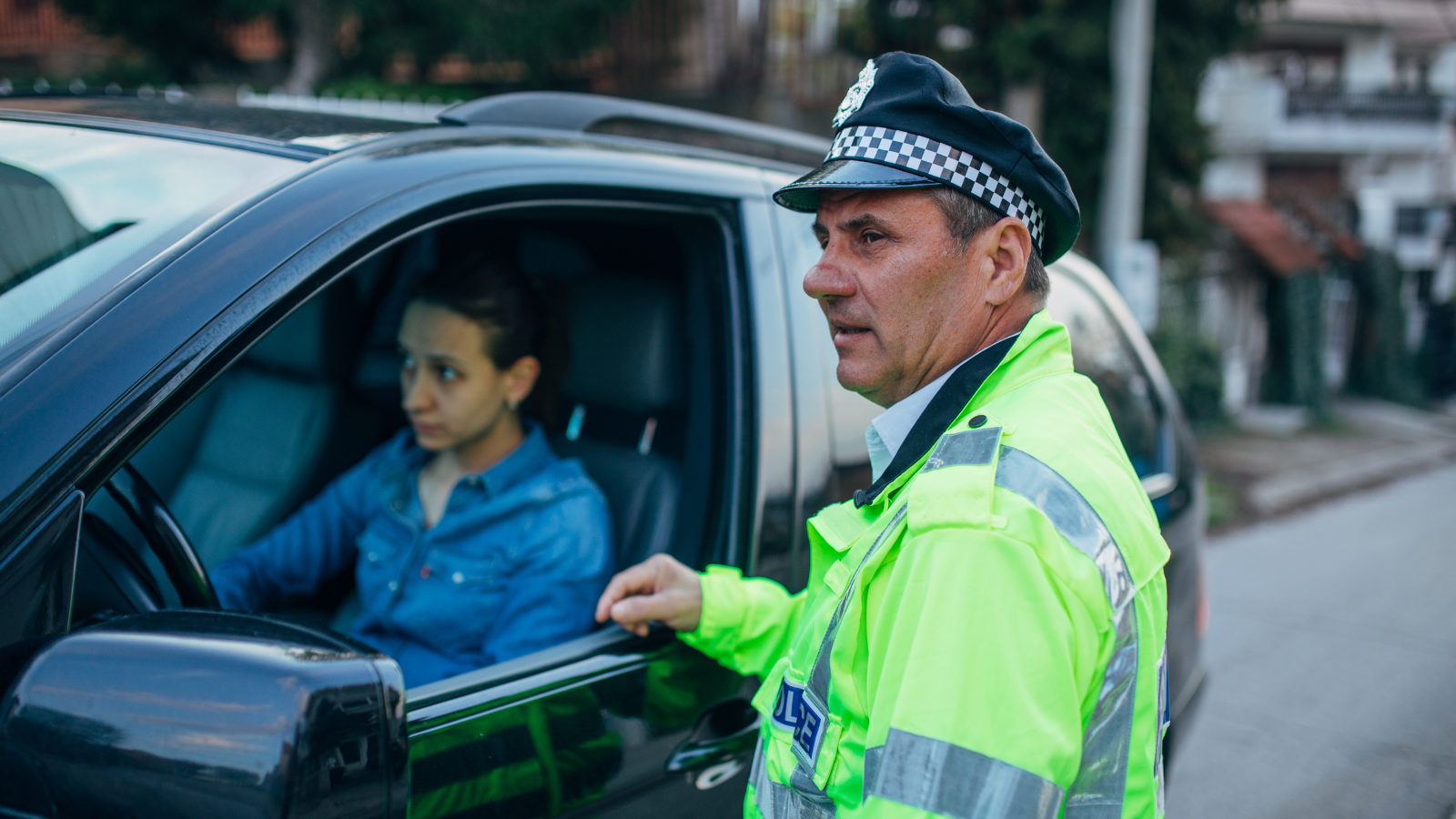The life of a police officer is more than just wearing a badge and enforcing the law; it’s a commitment that shapes every aspect of their daily routine. From the crack of dawn to the late-night shifts, officers are always on their toes, ready to respond to the call of duty. Their lifestyle demands resilience, adaptability, and a deep sense of responsibility, impacting both their professional and personal lives.
Balancing the pressures of high-stakes situations with the need for community engagement requires a unique skill set. Police officers often find themselves navigating complex social landscapes, where quick decision-making and empathy go hand in hand.
Police Lifestyle
Police officers navigate a distinct lifestyle characterized by irregular hours and high stress. Shifts often include nights and weekends, impacting social life and family time. This schedule requires officers to be adaptable and vigilant, ensuring they’re always ready for unexpected situations.
Physical fitness plays a crucial role due to the demanding nature of their duties. Regular exercise helps officers maintain the stamina needed for foot pursuits or managing physically stressful encounters.
Community interaction is a staple of police work. By attending meetings and participating in local events, officers build rapport with residents, fostering trust and cooperation.
Continuous training is essential to police work, covering various topics like legal updates, technological advancements, and crisis intervention. This commitment to learning ensures officers are prepared to handle an array of challenges, reinforcing their role as effective public servants.
Challenges Faced By Police Lifestyle
Physical Demands and Fitness
Officers maintain high levels of fitness due to the physical demands of the job. This includes patrolling, chasing suspects, and sometimes engaging in physical altercations. Regular training exercises, such as high-intensity workouts and endurance drills, help them stay prepared. Equipment like vests and belts adds weight, making physical fitness even more critical
Mental Health and Stress Management
Managing stress is crucial for law enforcement personnel. They frequently encounter traumatic situations, including violence, accidents, and crime scenes, adding to mental strain. Many agencies provide access to mental health resources, including counseling and peer support groups, to help officers cope.
Work-Life Balance for Police Officers
Scheduling and Family Life
Police officers often work irregular shifts, including nights, weekends, and holidays. This schedule affects their ability to plan family activities. Shift rotations vary, sometimes changing every few weeks. Officers reduce stress by clearly communicating their schedules to family members, This helps minimize disruptions at home.
Coping with Unpredictable Hours
The unpredictable nature of emergency calls impacts an officer’s routine. They remain on-call and must quickly shift from personal time to work mode.
 Role of Community Engagement in Police Lifestyle
Role of Community Engagement in Police Lifestyle
Community engagement is crucial for effective policing, enhancing public safety and community relationships.
Officers use community programs and outreach initiatives to build trust and relationships. Regular participation in neighborhood meetings and local events fosters familiarity and rapport with residents. Engaging in open dialogues helps address community concerns and provides a platform for residents to voice their issues.
Community engagement significantly impacts officer morale. Positive interactions and community support can enhance job satisfaction and reduce stress levels. Officers, when recognized and appreciated for their efforts, experience a greater sense of purpose and fulfillment.
Benefits of a Career in Law Enforcement
Law enforcement careers provide a high level of job security due to the constant need for public safety personnel. Unlike some industries where workforce demands fluctuate, police departments consistently maintain their need for officers to protect and serve communities.
Officers often receive comprehensive benefits as part of their employment packages. These typically include health insurance, retirement plans, paid time off, and life insurance. Many departments also offer access to wellness programs and mental health resources, recognizing the demanding nature of police work.
A career in law enforcement presents numerous opportunities for advancement. Officers can progress through ranks from patrol officers to higher positions like sergeants, lieutenants, and captains by demonstrating leadership skills and a strong work ethic.